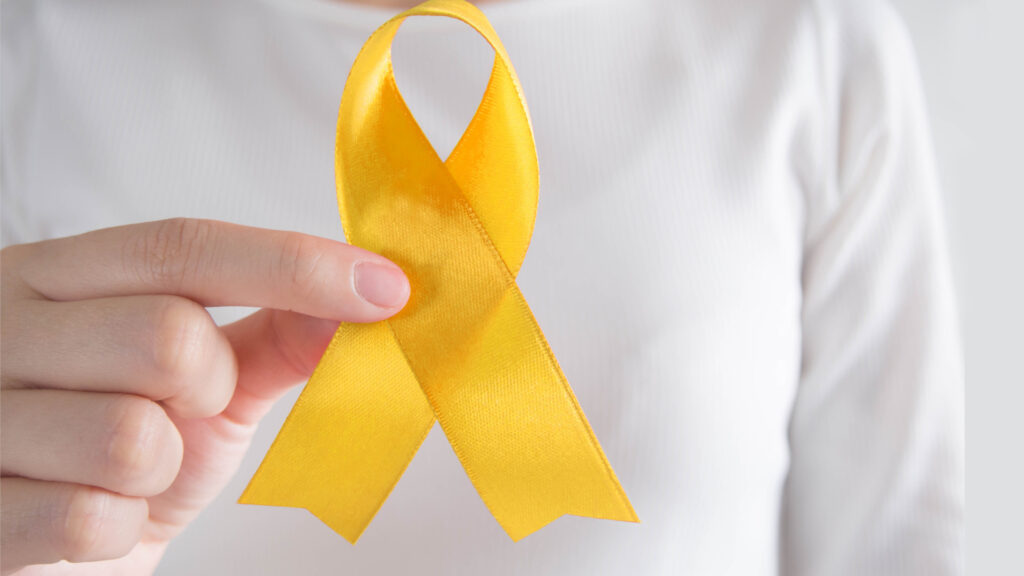Every year, National Suicide Prevention Week reminds us of the importance of mental health and suicide prevention. This is a time to draw attention to a topic that affects countless lives worldwide, to destigmatize mental health discussions, and to foster hope and healing. Too often, those struggling with depression and suicidal thoughts face stigmas from their community. Our goal is to break down those stigmas, offer resources, and change the way we all treat mental health.
According to the American Foundation for Suicide Prevention, over 1.7 million people attempted to take their own life in 2021. Almost 50,000 Americans did that same year. Everyone knows someone impacted by suicide. Sadly, despite the grips it has on our society, we often brush it under the rug because it feels so difficult to address.
No more. We need to talk about it openly to prevent future deaths. How can you help us?
Destigmatize Mental Health
One of the significant challenges in addressing mental health and suicide is the stigma associated with it. Many individuals still hesitate to seek help due to fear of judgment or shame. By openly discussing the topic, we can help remove the stigma and encourage people to speak out.
Raise Awareness
Educating ourselves about the signs of suicide and available resources is vital. Use your voice and social media platforms to spread information about suicide prevention hotlines, support groups, stories, and mental health services. Your posts might reach someone who desperately needs assistance.
Listen and Reach Out
Sometimes, a simple conversation can make a world of difference. If someone you know is going through a difficult time, be a compassionate listener and if you see suicidal signs, encourage them to seek professional help.
Share Personal Stories
If you have a personal experience related to suicide or mental health, consider sharing your story. It can be a powerful way to inspire hope and reduce the stigma surrounding these issues.
It can be hard but so helpful for others to hear. Read Shelly Hanson’s story here.>
What are the signs of suicidal thoughts?
- Talking about being a burden, feeling guilty or shameful, or wanting to die
- Feeling worthless, hopeless, trapped, extremely sad or angry, or in pain emotionally or physically
- Behavior changes such as withdrawing from loved ones, giving away important items, partaking in dangerous activities, having extreme mood swings, researching ways to die, large change in sleeping and eating patterns, or uptick in drug or alcohol usage
How can you help someone you think is having suicidal thoughts?
Start with a private conversation. Tell them what you’ve noticed and let them share their story. Listen and tell them how much you care about them. Ask them directly if they are have suicidal thoughts. No matter their answer, encourage them to reach out to their doctor or a specialist. Don’t minimize their thoughts or feelings, just listen and support them.
If they say they are considering suicide, make sure to remove any potential lethal items around and help them call or text 988. This is the Suicide & Crisis Lifeline. You can also take them to the nearest mental health service center or emergency room.
Here are some resources:
- Call or text 988 or text TALK to 741741
- https://afsp.org/
- https://www.armadilloproject.com/
If there isn’t an immediate crisis, but a need for help, please reach out to our Fairview Range Behavioral Health Services Intake Coordinator at 218-362-6984. We have options for individual therapy, as well as group therapy, along with medication management services.
National Suicide Prevention Week serves as a reminder that each of us has a role to play in preventing suicide. By fostering open conversations, raising awareness, and providing support, we can make a difference in the lives of those who may be struggling. Together, we can make a lasting impact on the battle against suicide and mental health stigma.



